What is Grappa Distillation Process
Grappa distillation is the process of transforming pomace, the solid remains of grapes after the winemaking process, into a spirit. This spirit, known as grappa, is a fragrant and often fiery beverage that is deeply rooted in Italian tradition. The production of grappa involves the separation and purification of the volatile compounds within the pomace, which are then condensed into a high-proof alcohol. Grappa is a versatile spirit that can be enjoyed on its own or used as a base for a variety of cocktails.
The primary users of grappa distillation are distilleries and individuals who seek to appreciate the finer points of this distinctive spirit. Grappa's appeal lies in its robust flavor profile and the cultural significance it carries as an emblem of Italian heritage and craft. The process of grappa distillation is governed by strict regulations in Italy, where it is protected under the DOC (Denominazione di Origine Controllata) status, ensuring that only spirits produced in certain regions and according to specific methods can bear the name grappa.
Grappa distillation involves several key steps. First, the pomace is collected and transported to the distillery. It is then loaded into a boiler where it is heated to vaporize the alcohol compounds. The vapors are then condensed back into liquid form through a cooling system. The resulting spirit is typically aged in stainless steel or oak barrels to develop its unique flavors and aromas. Grappa's distinct character is not only appreciated by consumers but also by chefs and bartenders who use it in various culinary applications and drink recipes.
Types of Grappa Distillation Process
Grappa distillation can be categorized based on the type of equipment used and the method of processing the raw material. Here are some common types:
-
Pot Still Distillation: This method is one of the oldest and simplest forms of distillation. It involves a discontinuous process where a batch of fermented material is distilled in a pot still. This type is often used for producing high-quality grappa with a rich flavor profile.
-
Column Still Distillation: Also known as a fractionating still, this type utilizes multiple columns to achieve a high level of alcohol content and is known for producing a more refined and less pungent grappa compared to a pot still. Column stills are commonly used in commercial settings.
-
Steam Distillation: This method involves using steam to extract the essential oils from grape pomace. Steam distillation is valued for its efficiency and ability to isolate specific aromatic compounds from the grapes.
-
Distillation Under Vacuum: By conducting distillation under reduced pressure, vacuum distillation can be performed at lower temperatures, which can help preserve delicate flavors and minimize heat damage. This method is particularly suitable for producing grappas with a high level of alcohol content.
-
Controlled Temperature Distillation: This approach carefully controls the temperature throughout the distillation process to ensure that flavors are not compromised by excessive heat exposure. It's an ideal method for producing complex, flavorful grappas.
How to choose Grappa Distillation Process
Selecting a Grappa distillation process requires careful consideration of several factors that align with business needs and product goals.
For businesses aiming to produce premium quality Grappa, a continuous steam distillation process may be preferred due to its ability to retain more aromatic compounds and produce a consistent product. On the other hand, batch distillation might be more suitable for smaller operations or those looking to offer a range of different styles with varying levels of intensity.
The choice of materials is also critical; copper is a traditional material for Grappa stills due to its thermal conductivity and historical association with the spirit. However, modern stainless steel options might present an opportunity for increased durability and ease of maintenance.
Considering the core components such as motors, pumps, and PLC (Programmable Logic Controller), it is essential to ensure compatibility with local service locations for installation and maintenance support.
Lastly, local regulations and environmental considerations may influence selection. It's important to verify that chosen systems comply with industry standards and legal requirements regarding sustainability.
About Grappa Distillation Process on Alibaba.com
Alibaba.com stands out as a premier online marketplace connecting buyers with a vast selection of suppliers offering an array of Grappa distillation processes. With an emphasis on variety and adaptability, Alibaba.com enables businesses to find the perfect equipment tailored to their specific production needs—whether they're operating on a small scale or looking to expand their operations globally.
The platform's intuitive interface simplifies the sourcing process by allowing buyers to filter through options based on key specifications such as machinery test reports provided by suppliers or core components like motors and pumps. This ensures that each business can find products that align with their quality standards and operational requirements.
Moreover, Alibaba.com's commitment to facilitating secure transactions through services like Trade Assurance instills confidence in buyers that their orders will be handled with care from purchase through delivery. With Alibaba.com's extensive network of suppliers from around the world, businesses gain access to a wealth of knowledge and expertise necessary for producing high-quality Grappa through various distillation processes. This global reach not only enriches product offerings but also allows businesses to stay competitive by incorporating diverse spirits into their portfolios efficiently.
Common FAQs for Grappa Distillation Process
What is the primary use of Grappa in the food and beverage industry?
Grappa is primarily used in the production of alcoholic beverages, adding a distinctive flavor to the beverages and serving as a digestif after meals. It can also be used in the creation of certain dishes or confections that call for a strong alcoholic base.
How does the choice of raw material impact the flavor profile of Grappa?
The raw material, such as the grape pomace or marc, impacts the aroma, flavor, and color of Grappa. The choice of raw material contributes to the overall quality and character of the spirit.
Can Grappa be aged like wine or other spirits?
Yes, Grappa can be aged in wood barrels or stainless steel tanks, which can deepen the flavor profile. However, the aging process is different from wine or whiskey and may vary in its effect on the spirit.
What is the difference between young and aged Grappa?
Young Grappa is typically clear and has a sharp taste with a bite, whereas aged Grappa has a smoother and more refined taste due to the extended aging process in wood barrels.
Are there different types of Grappa based on color and appearance?
Yes, Grappa can range in color from clear to amber or even red, which is influenced by the type of wood used during aging or by adding caramelized sugar before bottling.
What should I look for when selecting a supplier for Grappa on Alibaba.com?
When selecting a supplier on Alibaba.com, consider factors such as the supplier's experience, customer reviews, the quality of products offered, and whether they provide Trade Assurance.
How is Grappa typically served?
Grappa is served in a variety of ways including neat (sipped as is), on the rocks (over ice), or in cocktails. The serving method often depends on the preferences of the consumer and the occasion.
What machinery is required for the distillation of Grappa?
For the distillation process, common machinery includes copper or stainless steel stills, which come in various designs suited for different production needs and scales of operation.
How do I ensure the quality of the Grappa distillation process?
To ensure quality, look for suppliers who provide machinery test reports or have certifications that attest to the quality of their equipment and processes.


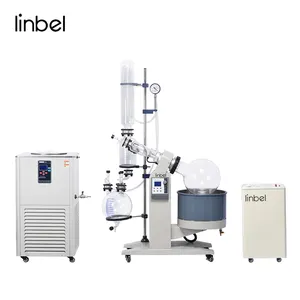

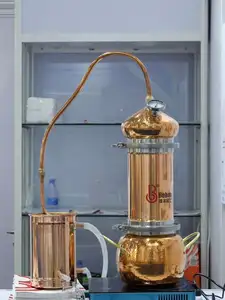

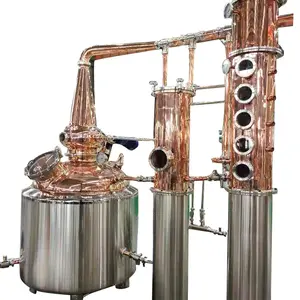



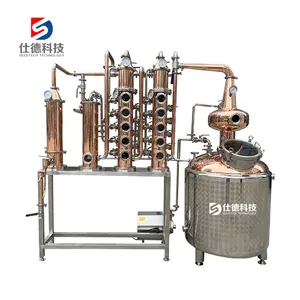

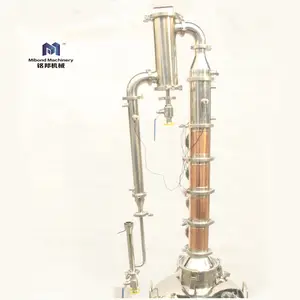
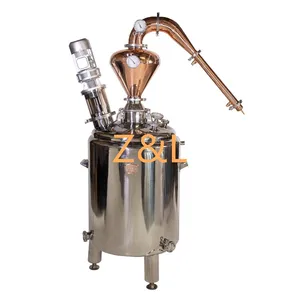

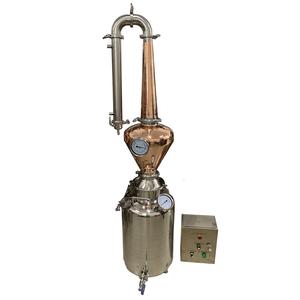
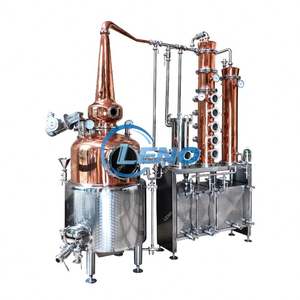

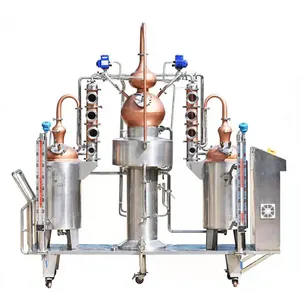
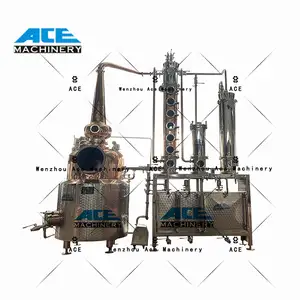
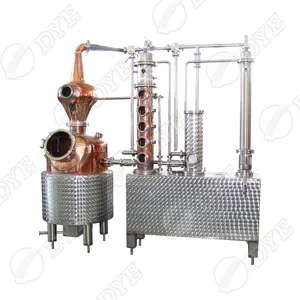

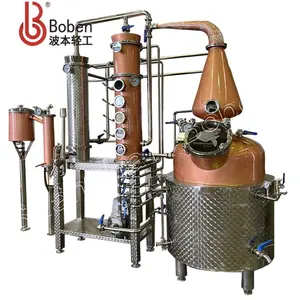












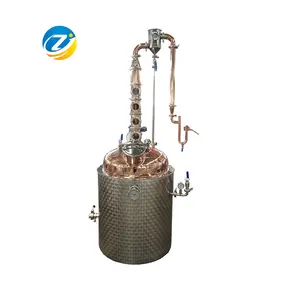

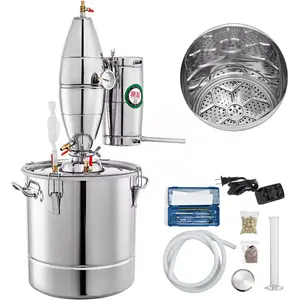
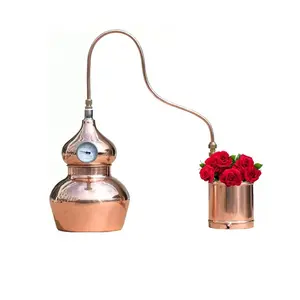
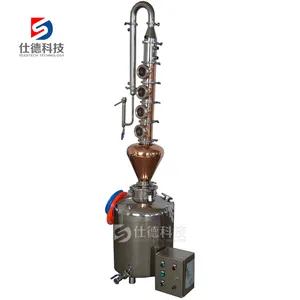
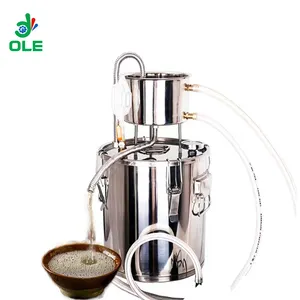






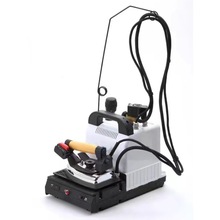
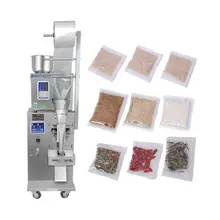

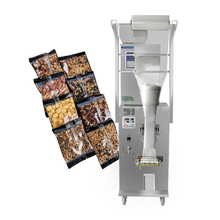


























 浙公网安备 33010002000092号
浙公网安备 33010002000092号 浙B2-20120091-4
浙B2-20120091-4